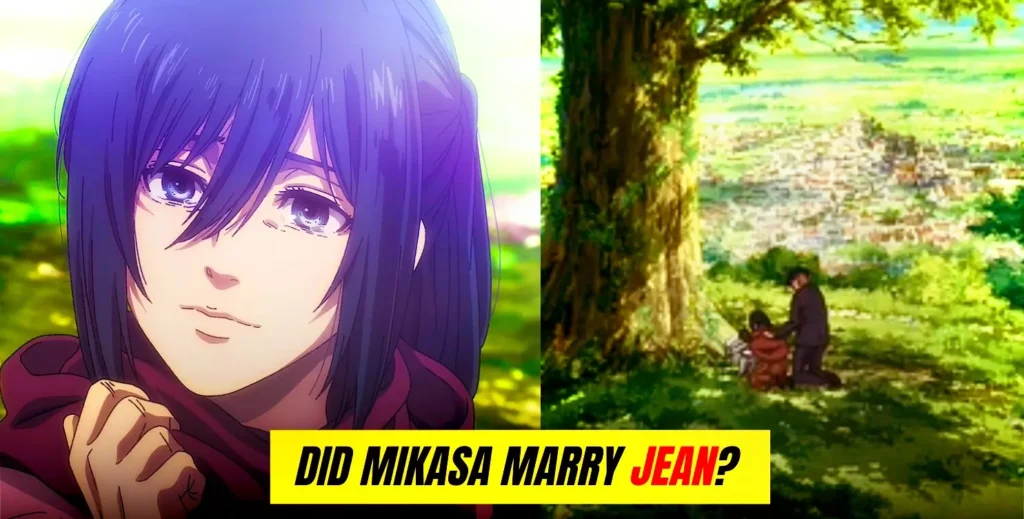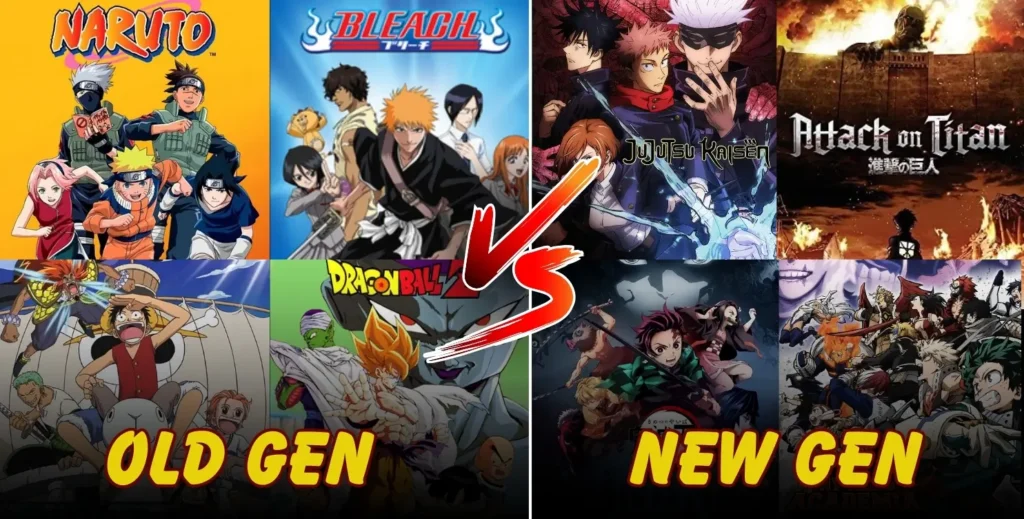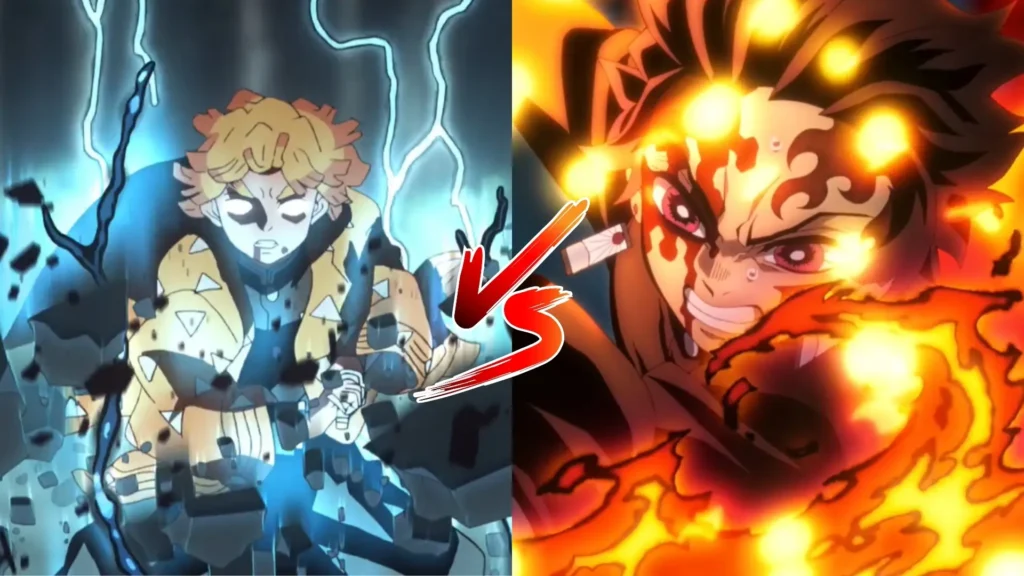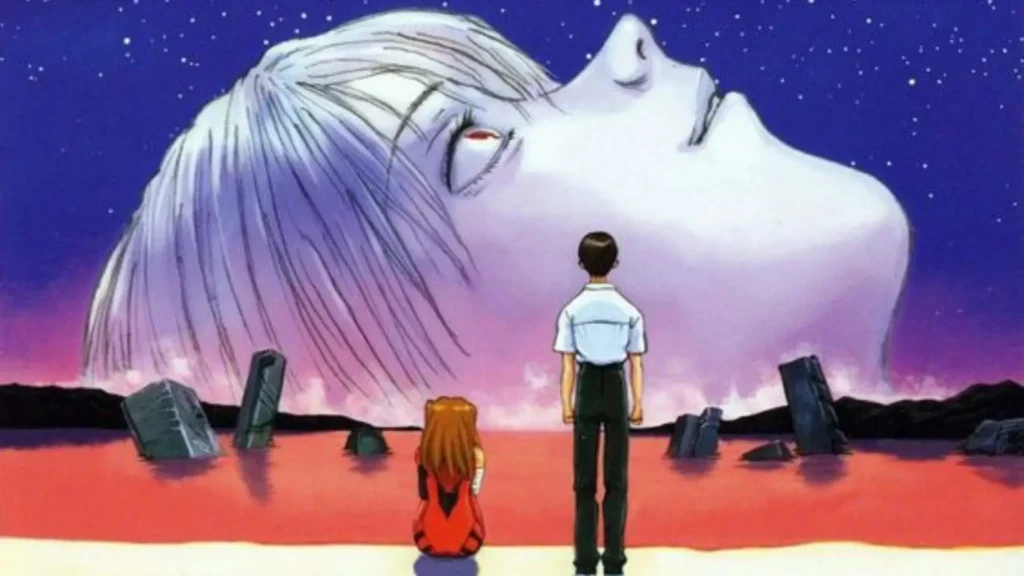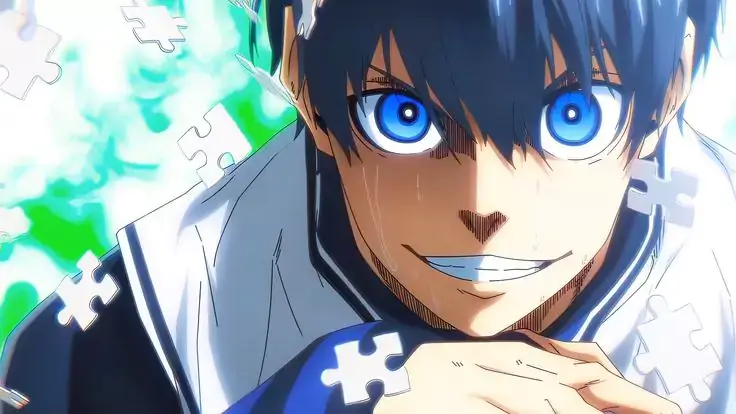The conclusion of Attack on Titan has sparked numerous debates among fans, with one of the most contentious issues being the possibility of Mikasa marrying Jean after Eren’s death. This analysis aims to examine the evidence, explore various theories, and provide a well-reasoned argument for why Mikasa likely did not marry Jean or anyone else.
Origin of the Theory
The speculation about Mikasa and Jean’s potential marriage stems from the additional pages included in the manga’s final chapter. These pages depict an older Mikasa visiting Eren’s grave, accompanied by a man and a child. The man’s silhouette bears a resemblance to an older Jean, which has led some fans to conclude that Mikasa eventually married him.
Arguments Supporting the Marriage Theory:
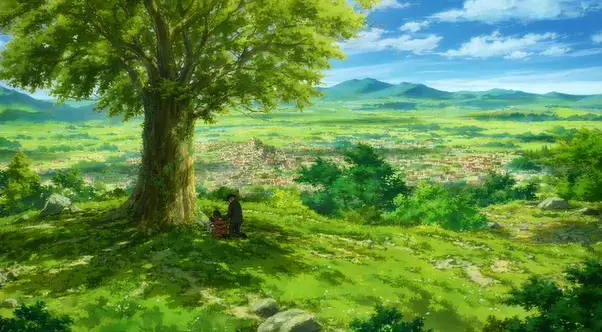
- Visual Similarity: The man in the panel does resemble an older version of Jean.
- Jean’s Established Feelings: Throughout the series, Jean consistently showed romantic interest in Mikasa.
- Narrative of Moving On: Some argue that Mikasa marrying Jean would represent her ability to find happiness after Eren’s death.
- Familial Portrayal: The presence of a child could indicate that Mikasa started a family, potentially with Jean.
Counter-Arguments and Analysis:
Mikasa’s Unwavering Devotion to Eren
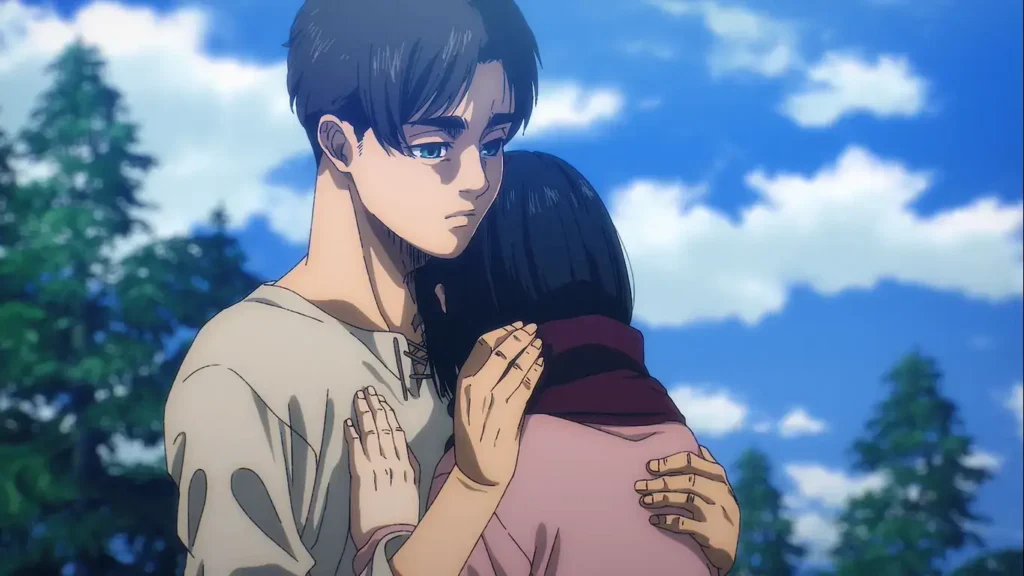
Mikasa’s character has been defined by her deep, enduring love for Eren throughout the entire series. This devotion goes beyond mere romantic attachment; it forms the core of her identity and motivations. The manga consistently portrays Mikasa’s feelings for Eren as a fundamental aspect of her character, persisting even years after his death.
1. Evidence supporting this includes:
- Mikasa continuing to wear Eren’s scarf well into old age.
- Her regular visits to Eren’s grave over many years.
- The decision to be buried next to Eren, still wearing his scarf.
These actions strongly suggest that Mikasa’s feelings for Eren remained unchanged, making it unlikely that she would enter into a marriage with someone else.
2. Character Consistency and Development
Throughout Attack on Titan, Mikasa’s interactions with Jean are consistently portrayed as those of comrades, with no hint of romantic interest on her part. For Mikasa to suddenly develop romantic feelings for Jean after Eren’s death would represent a significant and arguably out-of-character shift in her personality and emotional attachments.
Mikasa’s character development throughout the series focused on her learning to make decisions independently of Eren, not on forming new romantic attachments. A marriage to Jean would seem incongruous with this established character arc.
3. Thematic Consistency
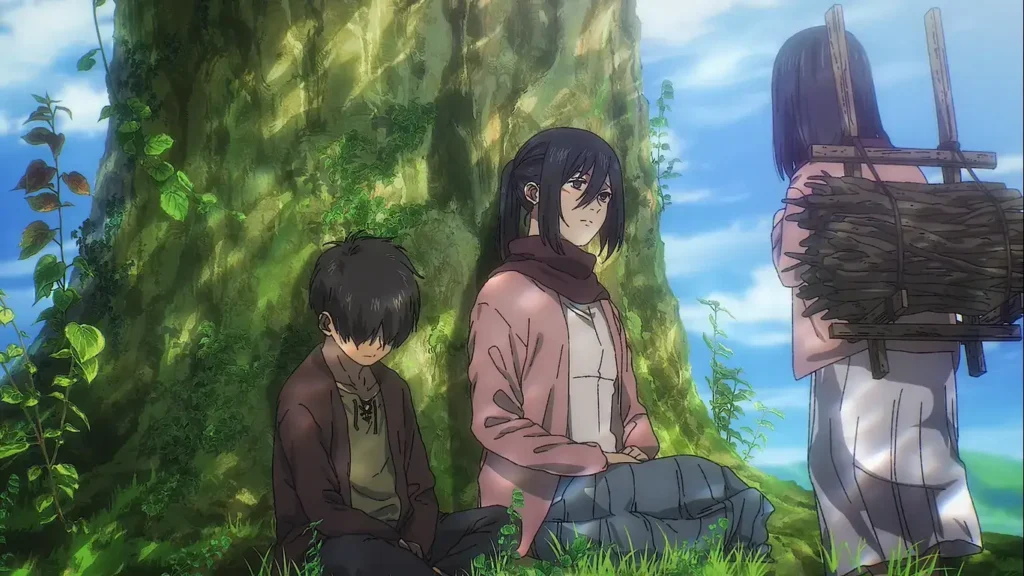
The enduring nature of Mikasa’s love for Eren serves as a central theme in Attack on Titan. Her unwavering devotion, even after Eren’s death, underscores the idea that some bonds transcend even death itself. Having Mikasa marry Jean or anyone else could potentially undermine this powerful thematic element of the story.
4. Alternative Interpretations of the Final Panels
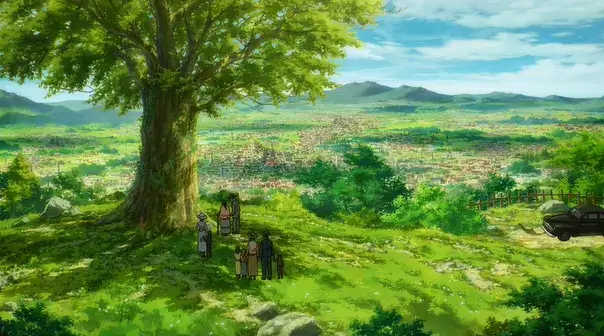
The ambiguity in the final pages allows for multiple interpretations that do not necessarily imply marriage:
- Group Visit: The panels could depict a group visit to Eren’s grave, with Jean and others simply accompanying Mikasa out of respect or friendship.
- Adoption: Mikasa, known for her protective nature, might have adopted a child, allowing her to create a family without entering a romantic relationship.
- Extended Family: The child could belong to another character, such as Armin, with Mikasa taking on an aunt-like role.
- Symbolic Representation: The man and child could be symbolic, representing the future generations Eren and Mikasa fought to protect, rather than literal family members.
5. Logical Considerations
The argument that Mikasa needed to marry to “move on” is flawed. Personal growth and healing after loss do not necessarily require entering into a new romantic relationship or marriage. The assumption that Mikasa would need to marry to find fulfillment undermines the strength and independence she developed throughout the series.
6. Symbolic Elements
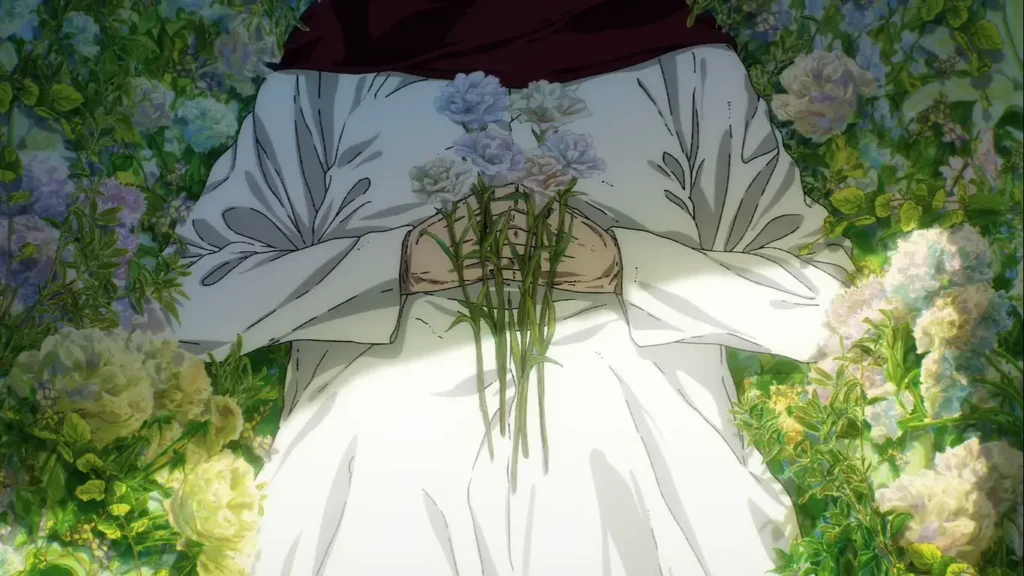
Mikasa’s decision to be buried next to Eren, still wearing his scarf, carries profound symbolic weight. This act represents an eternal connection to Eren, which would be difficult to reconcile with the idea of her having married someone else. It would be unusual and potentially disrespectful for a married woman to choose burial next to a former love interest rather than her husband.
7. Intentional Ambiguity
It’s worth considering that author Hajime Isayama may have intentionally left the ending ambiguous. This ambiguity allows readers to interpret the conclusion based on their understanding of the characters and themes, rather than providing a definitive answer. The lack of clear confirmation regarding Mikasa’s marital status supports this theory of intentional open-endedness.
Conclusion
While the manga’s conclusion leaves room for interpretation, a thorough analysis of Mikasa’s character development, the thematic elements of the story, and the symbolic representations in the final chapters strongly suggests that Mikasa did not marry Jean or anyone else.
The preponderance of evidence indicates that Mikasa remained devoted to Eren until the end of her life. This interpretation aligns most closely with her established character traits, the overarching themes of the story, and the symbolic elements present in the manga’s conclusion.
Mikasa’s story appears to be one of enduring love and dedication, rather than one of romantic renewal. She likely lived her life honoring her love for Eren, finding purpose in protecting the peace he died for, and possibly creating familial bonds through non-romantic means.
This conclusion respects the complexity of Mikasa’s character and the depth of her feelings for Eren, which were central to her character arc throughout the entire series. It also maintains the thematic integrity of Attack on Titan, preserving the powerful message about the enduring nature of some bonds, even in the face of death and the passage of time.

